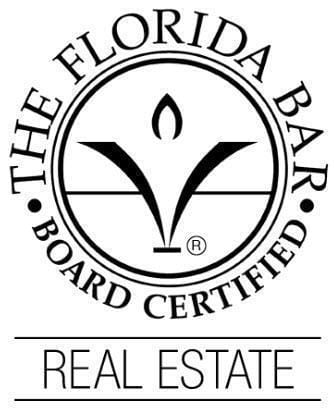The process for a commercial real estate loan is like applying for a home mortgage, but they have distinctions, potentially causing complications. Financing commercial real estate is often more challenging because it could cost more and require more paperwork. It can also have a different rate threshold, depending on the loan amount, property and the lender. Commercial real estate loans could also have varying repayment durations, often shorter than the regular mortgage.
Receiving financing for commercial real estate can also hinge on your financial profile. The usual qualifications apply for mortgages, but commercial real estate loans have varying restrictions based on the circumstances, including:
- Credit scores – Businesses and individuals can have respective credit scores used to determine specific loan qualifications. The minimum requirements could vary, depending on the lender’s conditions.
- Loan-to-value (LTV) ratios – Lenders often have a maximum percentage for this value, ranging from 75% to 80%. Depending on the lender’s standard, you might need to put down a specific amount for the loan’s approval.
- Debt service coverage ratio (DSCR) – This value pertains to the business’s ability to pay for the debt based on its income. There is a greater chance for a lender to approve the loan amount for applicants with high DSCR.
Most lenders also require a personal guarantee for commercial real estate loans.
Qualifying for commercial real estate loans can be challenging
Finding a lender to finance your loan can be difficult based on the situation. Poor credit scores or insufficient business income could result in your loan application’s rejection. Taking a commercial real estate loan can require time and effort, preparing yourself or your business to become a credible borrower. Issues could also arise, warranting legal counsel to navigate any necessary procedures.




